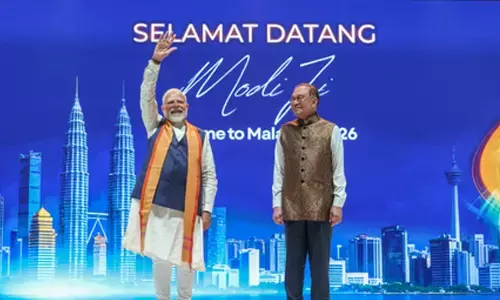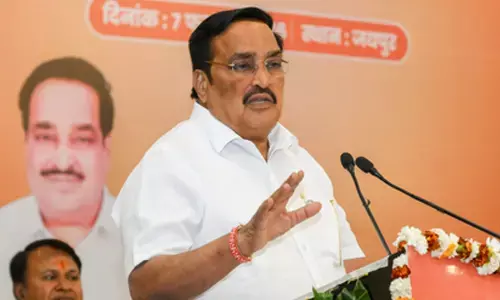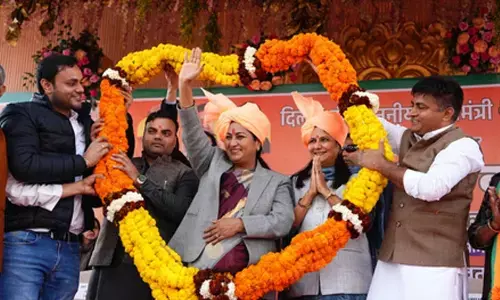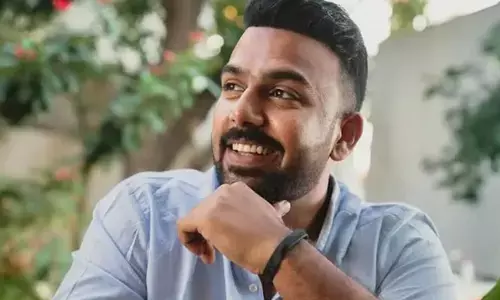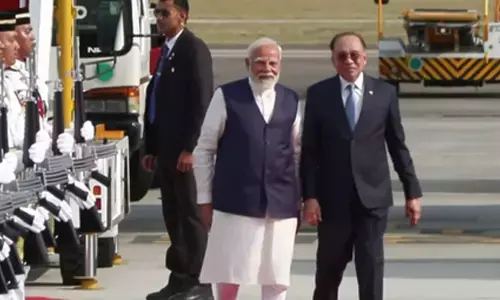Will Zero Year Work For Indian Education System In The Wake Of Pandemic?
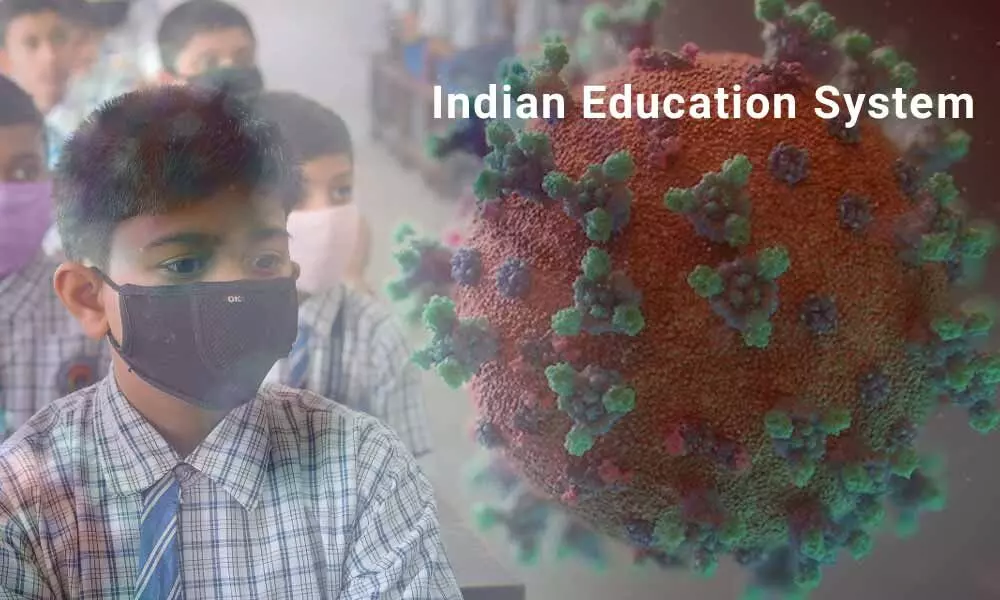
Will Zero Year Work For Indian Education System In The Wake Of Pandemic?
No country in the world, except perhaps New Zealand and a few others, is being able to bring the pandemic under control.
No country in the world, except perhaps New Zealand and a few others, is being able to bring the pandemic under control. Back home in India, the scenario is no better. While the government is trying every way to contain the spread of the virus, every sector across the country is badly hit because of the shutdown imposed by the government in the wake of the pandemic. Among the sectors hit is also the education department. Schools and colleges are struggling to make peace with the fact they have to do with just the tuition fee for this year. With no solution in sight for reopening of educational institutions, they are wondering how to deal with the situation.
While online classes are being held to ensure students don't lose touch with their subjects, most parents are unhappy with the quality of education imparted online. Students are unable to concentrate on their classes as they are distracted. This model has badly hit the rural students as they neither have the equipment (computer) nor connectivity to attend online classes.
Meanwhile, academicians and activists have urged the government to consider 2020-21 as zero years and pass the students to next year as it is a huge risk to send kids to school considering the rate at which the infection is spreading. Yet a few states have announced the reopening of schools from September. However, not just parents and academicians but legal experts too have asked the governments to reconsider their decision and instead declare the year as zero year.
"The government should declare this year as zero academic year in the interest of the students. A majority of parents are not in favour of opening schools. They do not wish to risk the lives of their children," argued High Court lawyer Ashok Agarwal.
While several countries in the world have opted for Zero Year, it would be interesting to watch if this idea would work for India considering the importance given to exams to send the kids to the next class. Parents are in favour of zero year as they are just not willing to take such a huge risk of sending their children to school. In fact several parents are against the idea of online school too citing harm to kids' eyesight. But now, it remains to be seen if the concept of Zero Year can be implemented in India.
In a recent development, the Government of India revised the National Education Policy to increase the employability of students by introducing vocational courses and optional subjects at the high school level itself. Prime Minister Narendra Modi said this would ensure a good foundation for students and also retain the best brains of the country.
Several people have come out in support of the NEP while many others have opposed it. However, PM Modi has made it clear that he is fully committed to implementing the NEP and also sought the support of states in making this successful.









